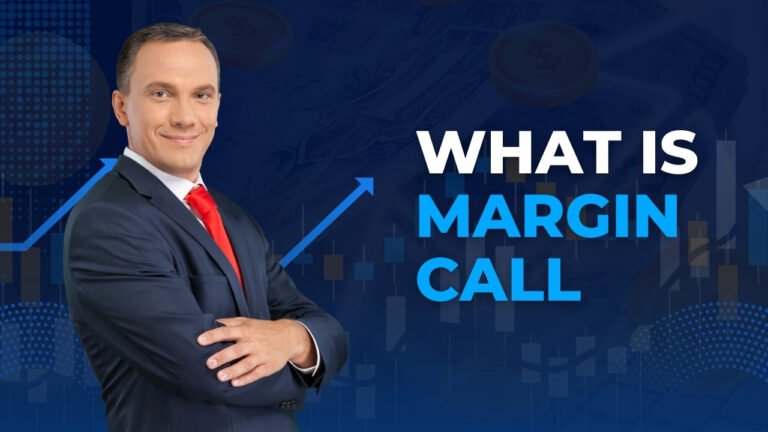The foreign exchange market is vast, and the currency value is affected by a number of factors. Forex traders need to watch all these factors that directly or indirectly affect currency value.
Revaluation in forex trading is also an important concept. So, in this blog, we will study the revaluation process and why it is important for a forex trader.

What is Revaluation in forex?
The term revaluation defines a scenario where a currency value is adjusted in an upward direction in relation to the base asset. The currency appreciation is usually done against another foreign currency, gold or any other financial asset.
The revaluation rate represents the increase in the exchange rate of a currency over a period. Traders keep track of these positive currency adjustments in order to assess the profit and loss from currency price changes.
Currency Revaluation Example
For a better understanding, let us understand a country’s currency revaluation with an example. Suppose the exchange rate of the currency pair USD/CAD is around 1.40. This means that 1 USD = 1.40 CAD, and to buy one USD, you have to pay 1.40 CAD.
The Canadian Central Bank revalued CAD against the USD, and the exchange rate for USD/CAD is now 1.20. It means that the Canadian dollar has become stronger against the USD, and now you can buy 1 USD with 1.20 CAD.
How do currency revaluations occur?
Currency revaluations generally occur with fixed exchange rate systems. Under this, authorized institutions like the government, central bank, or financial institutions officially revalue their currency against others.
Revaluations may have positive impacts like inflation control, an increase in currency strength, trade surplus, and many others. However, it may result in negative outcomes like political distress, sudden and unexpected market upturns, deflations and negative impact on exports.
Thus, most of the countries have fixed exchange rate revaluation systems for efficient management.
However, currency revaluation also occurs with a floating exchange rate. Under this, revaluations take place due to the occurrence of economic and political events. It includes interest rate decisions, trade reports, unemployment data, and many others.
Why currency revaluations is important for traders?
In the forex trading world, fundamental analysis plays a crucial role. Changes in the country’s fundamentals are the main reasons why currency revaluation or devaluation occurs.
Many traders ignore monitoring or analyzing asset revaluation. However, in the currency market, you are buying or selling currencies. So, activities that are causing changes in currency value will ultimately have a huge market impact.
Watching revaluations will help traders identify potential opportunities. Let us say a currency revaluation occurs in the Japanese Yen. Now, it will have a positive impact on Japanese Yen.
However, in this case, other currencies like GBP, USD, EUR and others will weaken against the JPY. So, traders who know about the Japanese Yen revaluation can identify potential opportunities in JPY pairs.
Difference between currency revaluation and devaluation
Currency revaluation and devaluation are correlated concepts. Many people fail to understand the difference between these two terms. So let us understand how both terms differ from each other:
Revaluation is generally the increase in the market value of currency that is triggered by government or central bank decisions or unexpected economic or political turns. The main aim behind currency revaluation is to make the currency stronger, control inflation and maintain its overall economic value in the market.
Meanwhile, currency devaluation is the exact opposite of revaluation. It is when a currency value is adjusted in a downward direction in relation to the base asset. Currency devaluation is generally organized to manage trade deficits and debts, boost exports, and control deflation.
Wrapping Up
Revaluation can cause significant changes in currency prices and give birth to opportunities. Whether you are a trader or a long-term investor, revaluations can provide valuable insight into currency movement.
It can even enhance your profit, or ignorance may result in losses. So, traders should watch these financial adjustments to predict the currency’s rise and fall with accuracy.
At Beirman Capital, traders can trade in numerous currency pairs and take advantage of revaluations. So, if you are looking for the right trading platform, then open an account with us and start your journey.
FAQs:
What is revaluation in financial terms?
Revaluation is used to define a scenario where a currency value is adjusted in an upward direction in relation to the base asset.
What is the difference between revaluation and devaluation?
Revaluation is generally the increase in the value of currency that is triggered by government or central bank decisions or unexpected economic or political turns. Meanwhile devaluation is when a currency value is adjusted in a downward direction in relation to the base asset.
What are the advantages of revaluation?
Revaluations can help countries control inflation and country debts. It also increases currency’s strength and the country’s trade surplus,
Can revaluation affect international trade?
Yes, revaluation has a significant impact on international trade, so traders must watch these activities.
Are there risks associated with revaluation?
Risk is also associated with revaluation. It may result in political distress, sudden and unexpected market upturns, deflations and a negative impact on exports.





